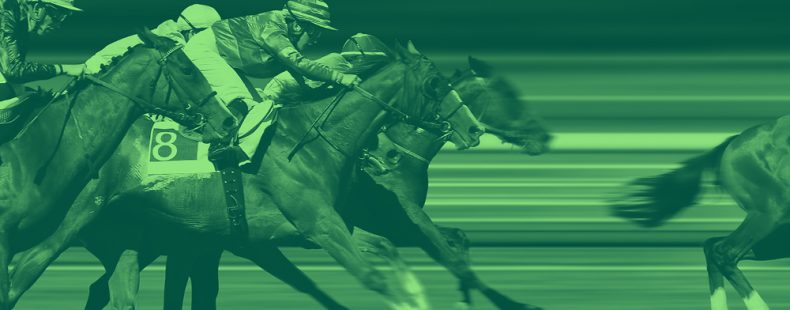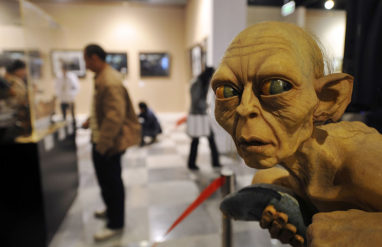trifecta
A trifecta is a group, set, or series of three, as you might have guessed from the tri- at the beginning of the word. The Three Musketeers were a trifecta, and you could say that a movie that wins Oscars for directing, original screenplay, and original score won a trifecta of awards. A perfect trifecta is also used not just for a trio itself, but a winning combination of three things.
Before it was a broad term for three, however, trifecta referred specifically to bets on horse races. A trifecta is a bet when a bettor chooses the first, second, and third finishers in the correct order. The odds of making the correct ordered picks are low, but the payout is often much higher than basic bets like picking an overall winner. It’s a bet that isn’t typically applied to other sports.
There are horse racing bets similar to a trifecta. There’s a perfecta (correctly picking first and second place), superfecta (correctly picking the first four winners in order), exacta (another term for a perfecta), and quinella (picking two horses that will finish first and second in any order). There’s also the daily double, which is a single bet on which horse will win in two different races that day. The track decides which two races qualify, making the daily double somewhat like a daily special at a restaurant. It’s also, trivia lovers will note, the name of a type of clue on the Jeopardy! Board. When the Daily Double pops up, the contestant who found it must wager part (or all) their winnings to determine what’s at stake before answering the question.
Perhaps you haven’t heard those bets similar to trifecta in common usage, but horse bettors have given us other phrases. One to note is across the board, which originally referred to a bet that covers all possibilities of winning bets on a single horse—picking a horse to win the race, place in the race, and show (which means to place in first, second, or third), for example. Figuratively, across the board has grown to mean that something applies to all employees, members, groups, or categories.























